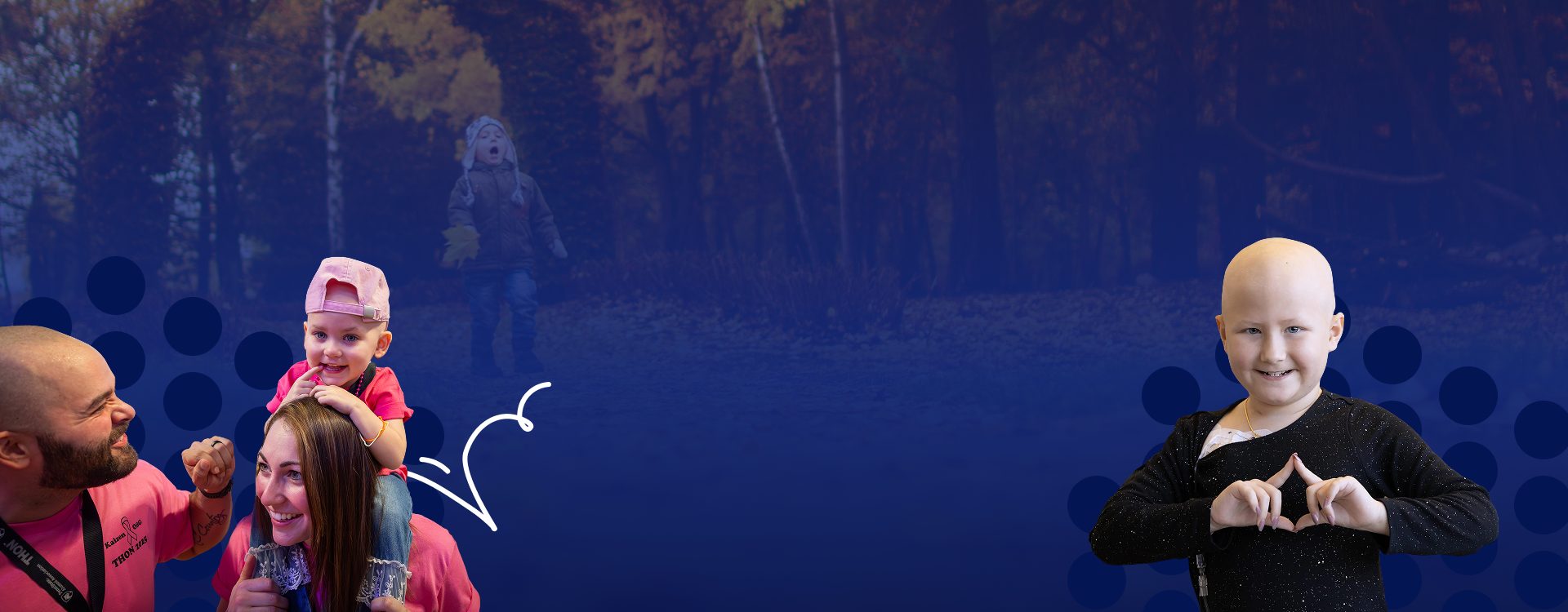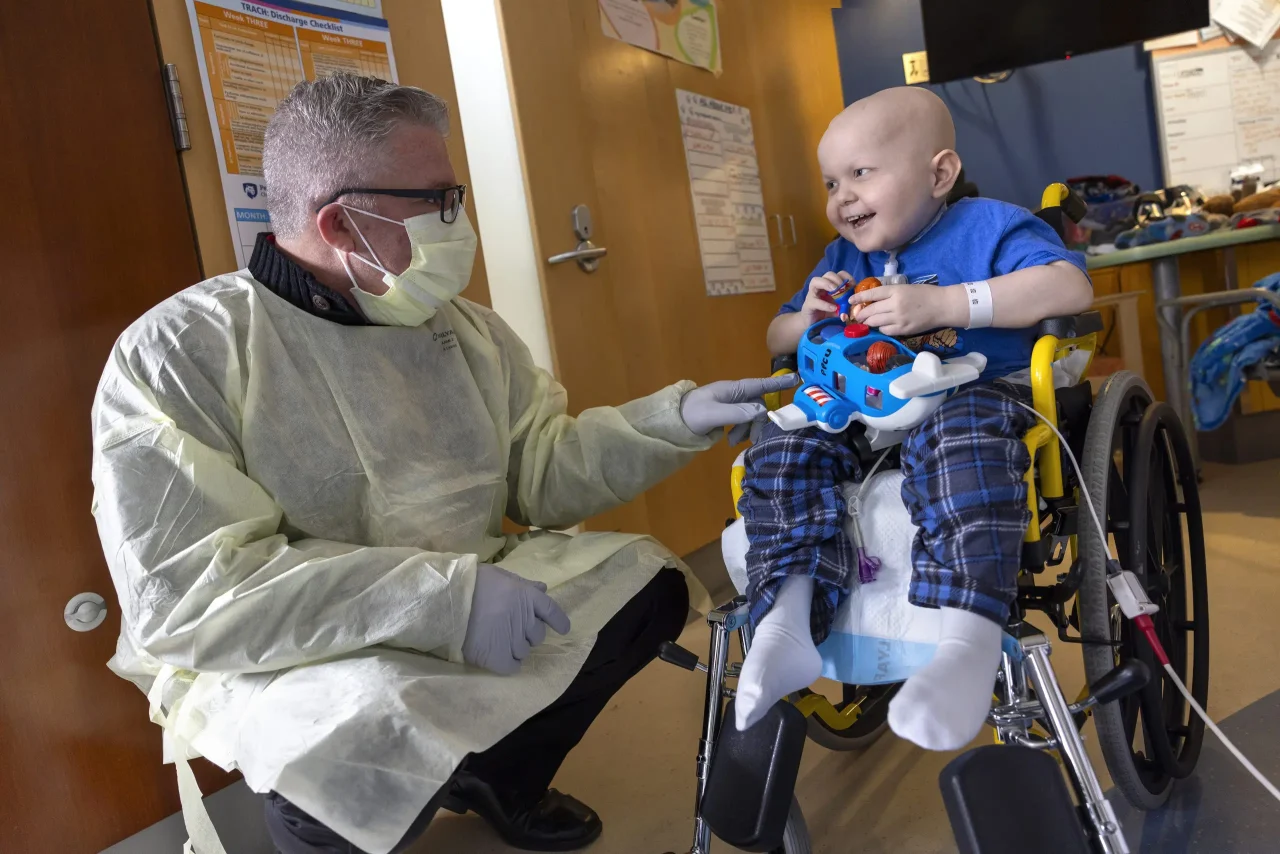September 13 is recognized in the United States as National Childhood Cancer Awareness Day.

Each September, communities across the country unite for Childhood Cancer Awareness Month, a time dedicated to shining a light on the realities of pediatric cancer. This month is about raising awareness, supporting families, honoring children who are bravely fighting or who have passed and advancing research that brings hope for better treatments and brighter futures.
At the heart of this effort, Four Diamonds works year-round to conquer childhood cancer by helping children and their families through music therapy, social work, genetic counseling, clinical nutrition and other services. Fueled by the dedication and care of the community, Four Diamonds has assisted 100% of the eligible childhood cancer patients treated at Penn State Health Golisano Children’s Hospital.

In the U.S., more than 15,000 children are diagnosed with cancer every year. Childhood cancer remains one of the leading causes of death among children, yet it receives significantly less research funding compared to adult cancers. Awareness helps bridge that gap by educating communities, sparking conversations and encouraging support for lifesaving efforts.
For families, this month highlights the many emotional, financial and practical challenges that come with a diagnosis. It is also a moment to recognize the relentless dedication of doctors, nurses and researchers working toward safer, more effective treatments.
Wearing gold during September is a simple yet powerful way to show solidarity with children and families touched by cancer. It symbolizes how children are as precious as gold.
Donate
There are many ways you can participate in Childhood Cancer Awareness Month and make a difference:
This month is also a time of reflection. We honor the resilience of children currently undergoing treatment, remember those who lost their battle and extend gratitude to the medical teams working tirelessly to improve outcomes. Every story matters, and together, they inspire an ongoing commitment to finding cures and improving quality of life for young patients. Four Diamonds stands with families every step of the way — today, tomorrow and for as long as they need support.
Donate
Since 1972, we’ve supported over 4,800 children and families. Your generosity makes it possible to cover all cancer-related medical expenses not covered by insurance for eligible Four Diamonds children. It also advances research to improve treatments and drive new discoveries. Get involved today by donating or fundraising for childhood cancer to raise awareness.
We’ve gathered clear, trustworthy answers about the national awareness day and the top childhood cancer types to help you get oriented. For medical advice, please consult a healthcare professional.
September 13 is recognized in the United States as National Childhood Cancer Awareness Day.
Leukemia
The most common childhood cancer, making up about 28–30% of all cases.
Includes acute lymphoblastic leukemia (ALL) (most common) and acute myeloid leukemia (AML).
Affects the blood and bone marrow.
Brain and Central Nervous System (CNS) Tumors
The second most common, accounting for about 25% of cases.
Includes medulloblastomas, gliomas, and astrocytomas.
Symptoms often involve headaches, vision problems, or balance issues.
Neuroblastoma
The third most common cancer in children, especially in those under age 5.
Starts in immature nerve cells, usually in the adrenal glands.
Can cause abdominal swelling, bone pain, or fatigue.
Together, these three cancers make up more than two-thirds of all childhood cancers.